 Jenny Fay is a professional Australian cross country racer who has logged some impressive wins in recent years. Read on for a brief glimpse into the life of a pro XC racer:
Jenny Fay is a professional Australian cross country racer who has logged some impressive wins in recent years. Read on for a brief glimpse into the life of a pro XC racer:
Congratulations on your 2013 season! What have been some of the highlights?
The standout for me is the Irish National Championship XCM Title. I haven’t had a national title since 1996 as a time trialist in Ireland. To go back and do that off road in a completely different discipline was special.
I also lined up against some of the top marathon racers in the world at the Grand Raid, UCI World Series in Switzerland. I came fourth. Just knowing where I was in comparison to these girls was good, both mentally and physically.
I also won the Val Di Fassa UCI World Series XCM race. That race was really tailored for me. It started with a 6km climb of 2000m. I had a dream start to the race. My mom and my sister came to Italy and to watch me win that race, it was pretty special. It has been four years coming, and I think stepping up onto the podium at world level in Italy certainly was a massive milestone for me. It felt like I had come a long way and achieved a lot. I think a lot of my wins in Australia came together on the podium in Italy that day.
How does it make you feel competing and winning at that level?
It makes me want to rewind about 10 years. Training and racing brings maturity. I don’t think I would have gotten to that level if I hadn’t made some mistakes and had some successes along the way. It really made things clear for me. It was a natural step in 2013 to race the Euro scene and the World Champs. I’m aiming to race those and be as competitive as I can be.
Do you enjoy doing lots of travel as part of your mountain bike racing?
Yes, I do. Australia has been really good to me the last four years. I get to see beautiful places in the middle of nowhere. You just wouldn’t see those as a tourist. I also enjoy travelling abroad. I’ve got my family back in Europe, so all the races in Europe feel like I’m back home. It’s a great adventure and I’m very lucky.
Is Australia your home base now, or do you still consider Ireland home?
I hope my parents aren’t reading this when I say that Australia is my home now. I moved to Canberra last October and I’ve created a great social scene with all the cycling friends there. They all come from different disciplines and then when we get together we just hang out. Everybody goes away for the winter and races around the world and then they come back in the summer. So in the Australian summer, from October to March, you feel like you’re on holidays. I think I am in the right location in Canberra as a semi-professional rider. There are not many other places in Australia where you’d have so many mountain bike trails and so much diversity on and off the road. There are plenty of people to ride with who are at such a high level in cycling.
What is it about Cross Country Marathons that appeals to you the most?
I think the transition from road to marathon racing for me was pretty easy because I have the endurance. I just have that physical body composition where I can focus on endurance and build on it from there. Everything else around that is a challenge. At the same time, it’s a fun challenge. I’m working on my technical skills and I’m working on my strength and conditioning. That will help my marathon racing improve. Once you start racing marathons, you start dialling into what you are good at during the marathon itself. You can get good mentally at dialling in for four to five hours at a time. I like training on my own and that’s another good thing as well. You can go out there for several hours and really smash yourself. Then you come home and feel like you’ve achieved something. That always makes me want to start racing. Once you start racing, you feel like you’re in your comfort zone. The hardest part is the training and the easiest part is the racing. When it all comes together it does feel great.
You’ve won the Cape to Cape race in 2012, as well as 2013. Are you planning any more of these multistage marathons?
Yes, I’m going to race the Port to Port race in Newcastle at the end of May. That will be my last race here in Australia before I go overseas. The Port to Port is organised by the same people who organise the Cape to Cape race in Western Australia, and I think they are one of the best race organisers in Australia. They really put some good stage races together. I am really looking forward to that race.
Stage races generally consist of shorter stages, but the kilometres add up by the end of the week. What is the attraction for you in those races?
I am looking forward to the Port to Port because you finish each day at a winery or at the beach. The race caters to both professional athletes, weekend racers, and their families. I think it’s a great mix. We’re not all full-time riders in Australia so there’s only so many stage races that we can pick in the year. They are definitely getting more popular and I can see more of them coming to Australia. The Port to Port does fit in my schedule so I’ll be testing that stage race out for the first time. I am really looking forward to it.
Are you a full-time racer or do you have another job as well?
I’m an architect in another life and I’m just mixing up some private work with training. I’m able to pick up jobs as they suit my training and racing calendar, which is great. The time is going to come in the near future when the bike comes off centre stage and the career takes priority. But for now, I’m still working and I’m still enjoying architecture. Having my foot in the door in the architecture world is important to me because it means that I’m still in touch with the real world, but living the dream on the bike at the same time.
How did you get into bike racing at the start?
When I finished college I realised that I needed to get fit. I had spent too many nights up at the drawing board and socialising with my classmates. I started getting fit at my local gym and joined the local bike club back in Ireland. I did a few triathlons for a couple of years at national level. I realised that I was pretty strong on the bike but weak on the runs. I’d be first off the bike but then people would pass me on the run. I thought maybe I’ll just keep riding the bike. I started racing and I got a coach. We had the Sean Kelly Academy in Belgium, where Irish riders could go for a few months at a time in the summer and race. That really threw me into the deep end but it meant that I developed as a rider very quickly. I moved to Australia and stopped road riding just for a change of scene and lifestyle. I took up mountain biking. It was more of a social thing at the time, to get to know people. I entered my first race and it all started getting competitive again, just like the road. Before long I was training 20 hours a week.
What was the toughest race you’ve ever competed in?
One of the most challenging races was probably the Grand Raid in Switzerland. It is known as the toughest and longest marathon race in the world. I had it together until about the six hour mark. I had to descend from 3000m and my body just fell apart. At that point, being in third position I thought “Right, I have this!” Then fourth position passed me with 5km to go. At that point I just wanted to finish. I was numb from my hands to my toes. Mentally and physically it was quite challenging. Then again, I learned more from that race than I have at any other race, so the toughest can be the most rewarding down the line.
What does your standard training week look like?
I’ll do 20 hours a week. Since moving to Canberra, the majority of those hours are on the mountain bike. Previously, four or five days out of seven would have been on the road but now it is more on the mountain bike. That way I can really improve on my skills. The trails in Canberra offer more intensity for me off-road than the road does. Then again, I keep one day a week where I go for a road ride.
Do you follow a specific race diet for performance?
Sometimes before a race, when I have to get lean, I follow a crisis diet. But generally I have everything in moderation. I don’t cut out bad foods. By bad foods I mean some treats now and again. More recently I have been loading my diet with a lot more vegetables and just experimenting with different foods both pre and post-training. I feel that does make a difference. Just eating a lot cleaner makes a difference to how I feel on and off the bike. I only focus on high refined sugars and carbohydrates around races.
Where is your favourite place to ride in Australia?
There are some great trails in Canberra. There are a lot of lesser known tracks and I’m only just getting to know them. One of my favourite places to race is at Wisemans Ferry. I love that hilly, rocky terrain. I am also a big fan of the trails in Alice Springs and I go every year to do the ICME Enduro stage race. I’m only treated to them once a year and if I miss doing that race, I don’t see those trails for another year.
Are you a big believer in getting skills coaching for a day or so?
I really believe in skills coaching. In an hour you can learn so much about how your body works. My coach is Mark Fenner, from FTP training. He coaches a lot of elite riders on road and off-road, as well as some international riders. Mark is well respected in the mountain biking community. With an hour of skills coaching, you can be a faster rider without having to buy new wheels or upgrade your bike. You just need to know what to do. You might get five tips in an hour but those five tips you’ll carry with you, when you ride. It might be keeping your outside leg down when you go around the corner , or keeping your head up at all times. They are very small pieces of advice but they will make a huge difference to your ride. Sometimes it’s a confidence thing more than a physical thing.
Are their any sponsors you’d like to thank?
Swell Design Group and Specialized are the major sponsors. Specialized have sponsored me since the start of 2013. They are a pretty unique brand and are super supportive. They offer all of the technology, accessories, and components at the highest level, all under one umbrella. You know you’ve got the best bike, shoes, helmet, and clothing. Knowing that means you feel like you’re almost at an advantage when you start the year. You know you can rely on them and their products.
Swell Design Group has supported our team for years. They designed our jerseys and they help us with sponsorship. They worked tirelessly to help us achieve what we want. They are such busy people yet they take so much time out to make sure that we look good on the bike and that we’ve got the right people following us. I’d also like to thank SRAM, 2XU, Yakima, Hotel Realm, Coleman Group, Velosure Insurance, GU, Adidas Eyewear, All You Need Is Love Superfoods, Squirt Dry Lube, Lake Crackenback Resort, The Cyclery and Frameskin.
Thank you for talking the time to talk to us Jenny. We wish you a great season ahead!
 Jurgen Mennel publishes Terrain Mountain Bike Magazine, a digital mag available via the Apple Newstand. Launched in October 2013, the monthly magazine features trail news and reviews from around the world. Give it a try for free using a coupon code.
Jurgen Mennel publishes Terrain Mountain Bike Magazine, a digital mag available via the Apple Newstand. Launched in October 2013, the monthly magazine features trail news and reviews from around the world. Give it a try for free using a coupon code.

















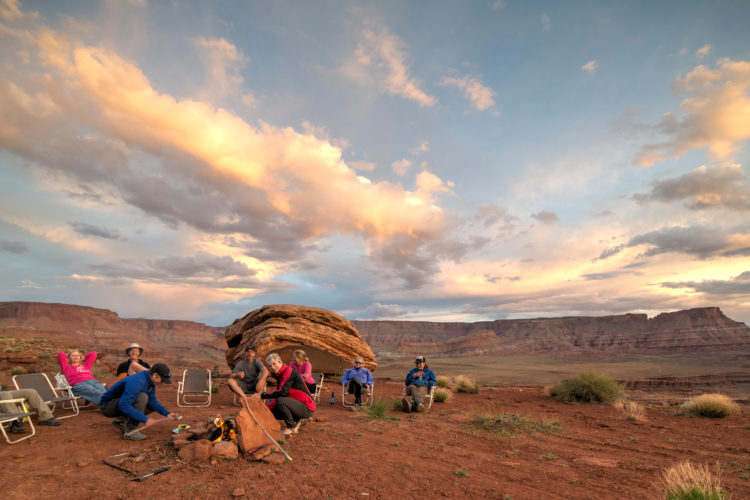
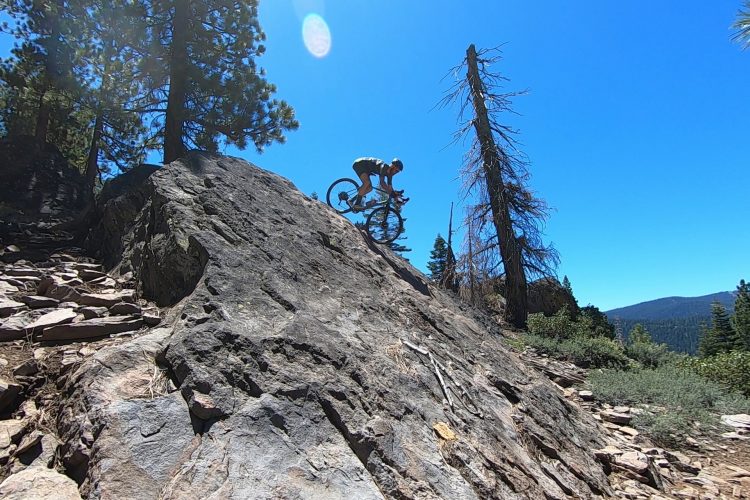
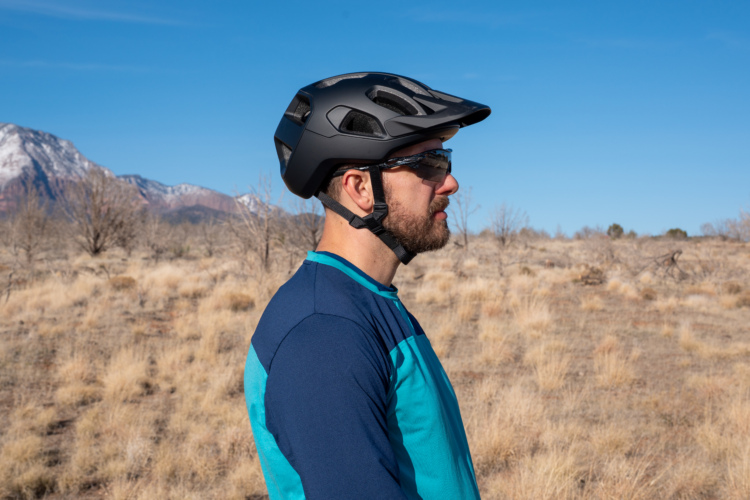
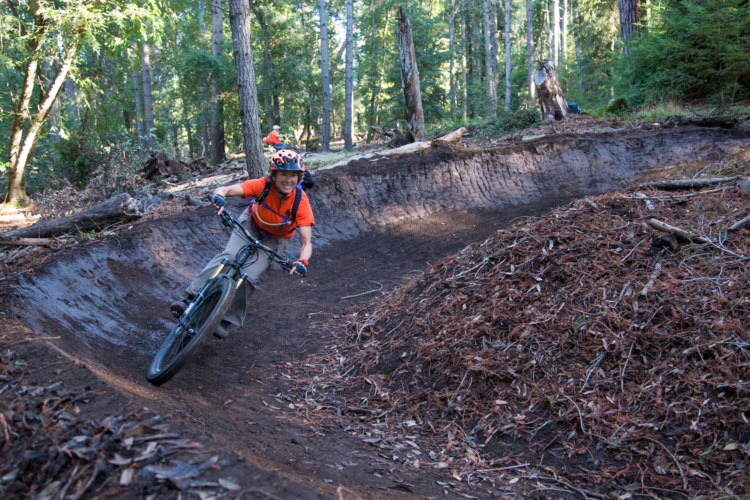

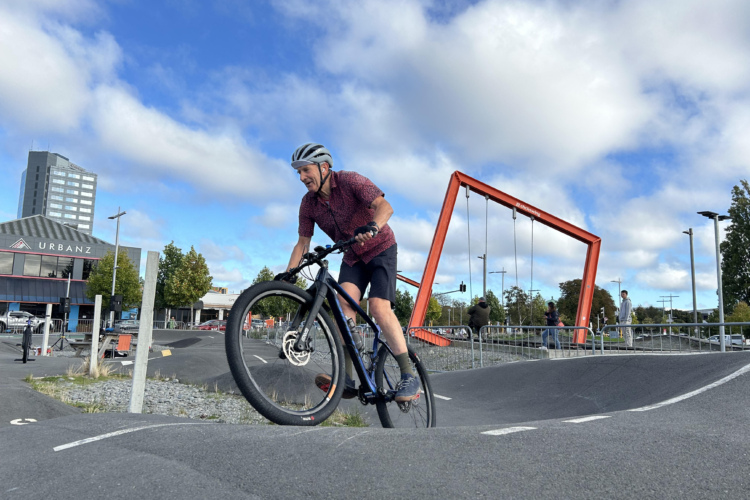

1 Comments
Jul 23, 2014